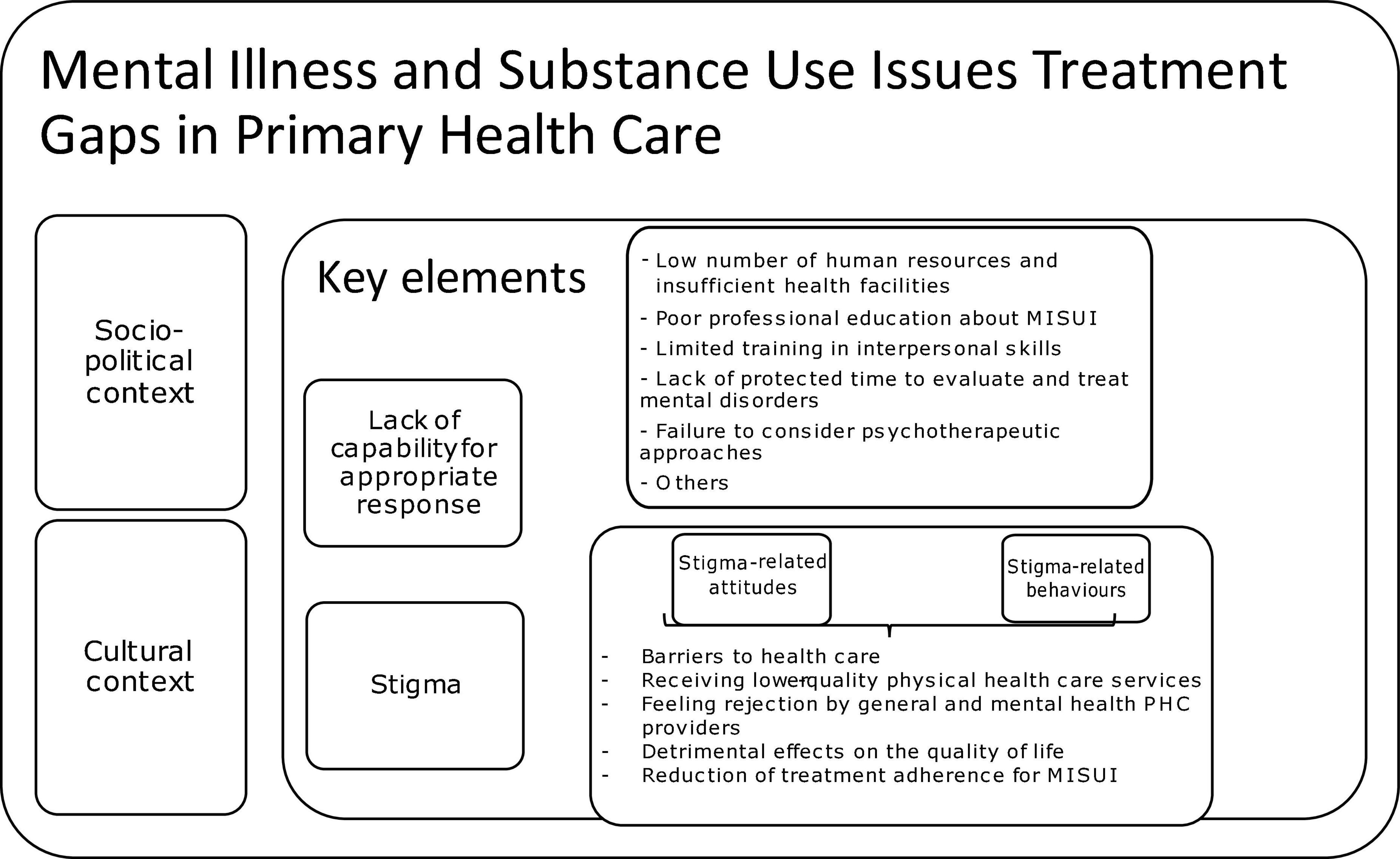Mental Health Care: A Call For Improvement

Table of Contents
Accessibility and Affordability of Mental Health Services
Many individuals face significant hurdles in accessing the mental health care they need. These barriers are often intertwined, creating a complex web of challenges that disproportionately affect vulnerable populations.
Geographic Barriers
Geographic location plays a significant role in access to mental healthcare. Individuals in rural or underserved areas often lack access to qualified mental health professionals like therapists, psychiatrists, and support groups. This disparity in access leads to delayed or absent treatment, worsening existing conditions and potentially leading to crises.
- Lack of transportation options: Limited public transportation or personal vehicles significantly restrict access to care, especially for those in remote areas.
- Telehealth limitations: While telehealth offers a promising solution by expanding reach, reliable internet access and digital literacy remain significant barriers for many. The digital divide further exacerbates inequalities in mental health care access. Furthermore, not all mental health conditions are easily addressed through telehealth.
Financial Barriers
The high cost of mental health treatment, coupled with inadequate insurance coverage, creates a formidable barrier for many seeking help. This financial burden often forces individuals to forgo necessary treatment, leading to poorer health outcomes and increased societal costs.
- High deductibles and co-pays: Even with insurance, high out-of-pocket expenses can make treatment financially unsustainable for many families. This forces difficult choices between essential needs and mental health care.
- Lack of affordable care initiatives: Government subsidies and affordable care acts are crucial in addressing the financial barriers to mental health care. Increased funding and expansion of these initiatives are vital for ensuring equitable access.
The Stigma Surrounding Mental Illness
The stigma surrounding mental illness remains a significant obstacle to seeking help. Negative perceptions and misconceptions about mental health conditions prevent many from acknowledging their struggles and seeking professional assistance.
Societal Attitudes
Societal attitudes towards mental illness often contribute to feelings of shame, isolation, and fear of judgment. These negative stereotypes prevent individuals from openly discussing their struggles and seeking help. This silence perpetuates the cycle of suffering and prevents early intervention.
- Public awareness campaigns: Large-scale campaigns aimed at educating the public about mental illness and challenging negative stereotypes are crucial in combating stigma.
- Promoting open conversations: Open and honest conversations about mental health, normalizing the experience, can help reduce stigma and create a more supportive environment for those struggling.
Workplace Discrimination
Individuals with mental health conditions often face discrimination in the workplace, impacting their employment prospects and overall well-being. This discrimination can range from subtle biases to overt prejudice, creating a hostile work environment.
- Protective legislation and policies: Strong anti-discrimination laws and workplace policies are necessary to protect individuals with mental health conditions from unfair treatment.
- Supportive workplace culture: Creating a culture of understanding and support within workplaces is essential to promote employee well-being and reduce stigma.
Integration of Mental Health into Primary Care
Integrating mental health services into primary care settings can significantly improve access to care and facilitate early intervention, leading to better outcomes.
Collaborative Care Models
Collaborative care models involve coordinated care between primary care physicians and mental health professionals. This integrated approach allows for earlier identification and management of mental health conditions, improving overall patient care.
- Training primary care physicians: Providing comprehensive training to primary care physicians in identifying and managing common mental health conditions is crucial for successful integration.
- Establishing referral pathways: Efficient referral pathways to specialized mental health services ensure that individuals receive timely and appropriate care.
Early Intervention Programs
Investing in early intervention programs, particularly for children and adolescents, can prevent the development of serious mental health issues later in life. Early identification and intervention can significantly improve long-term outcomes.
- School-based mental health services: Providing mental health services within schools can provide crucial support to young people, addressing issues early before they escalate.
- Early identification and treatment: Early detection and treatment of mental health conditions in children and adolescents significantly improves prognosis and reduces the long-term impact of these conditions.
Conclusion
Improving mental health care requires a multifaceted approach addressing accessibility, affordability, stigma reduction, and integration within primary care systems. By tackling these challenges proactively, we can create a more supportive and equitable system that prioritizes the mental well-being of all individuals. We urge policymakers, healthcare professionals, and communities to actively work towards improving mental health care and ensuring that everyone has access to the support they need. Let's make a commitment to better mental health care—it's time for significant improvement and a renewed focus on accessible and affordable mental health services for all.

Featured Posts
-
 Xrp Price Prediction After Ripples Partial Sec Settlement Win
May 02, 2025
Xrp Price Prediction After Ripples Partial Sec Settlement Win
May 02, 2025 -
 Ukreplenie Ekonomicheskogo Sotrudnichestva Mezhdu Rossiey I Cheshskoy Respublikoy
May 02, 2025
Ukreplenie Ekonomicheskogo Sotrudnichestva Mezhdu Rossiey I Cheshskoy Respublikoy
May 02, 2025 -
 Roden Gaslucht Blijkt Loos Alarm
May 02, 2025
Roden Gaslucht Blijkt Loos Alarm
May 02, 2025 -
 Why Chris Columbus Didnt Direct Harry Potter And The Prisoner Of Azkaban
May 02, 2025
Why Chris Columbus Didnt Direct Harry Potter And The Prisoner Of Azkaban
May 02, 2025 -
 Remembering Poppy Family Shares Emotional Tribute To Young Manchester United Supporter
May 02, 2025
Remembering Poppy Family Shares Emotional Tribute To Young Manchester United Supporter
May 02, 2025
